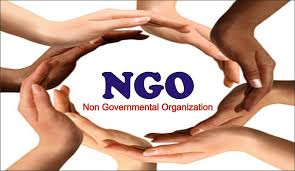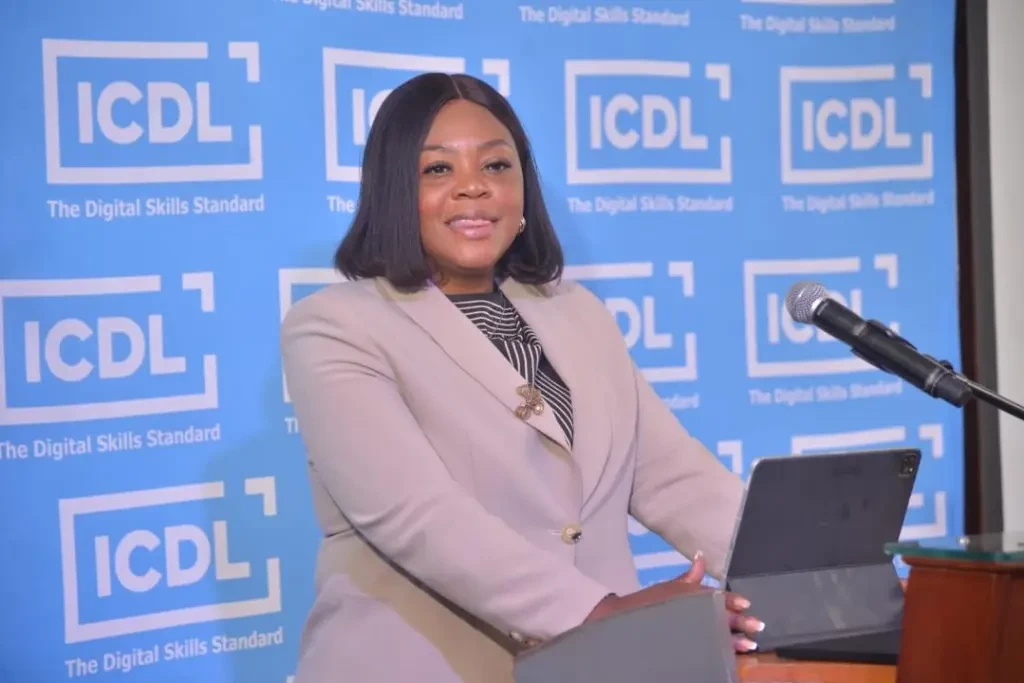
THE European Union (EU) will this year extend €500 million to Africa after the bloc suspended funding earmarked for Zimbabwe to promote governance initiatives in 2025, following the enactment of the contentious Private Voluntary Organisations (PVO) Amendment Bill, NewsDay can reveal.
In April, Zimbabwe passed the controversial legislation, which gives the government sweeping powers to regulate the activities of civil society organisations (CSOs).
The new law ushered in bold changes to the regulatory framework governing civic groups and non-governmental organisations (NGOs) in Zimbabwe.
Critics argue that the legislation imposes restrictive measures that could stifle the operations of NGOs and limit their ability to advocate for human rights and social justice.
- CCC urged to push for dialogue over reforms
- A peep into Matenganyika’s artistic closets
- The Bioskop Short Film Competition is back
- Mangwe farmers benefit from agric projects
Keep Reading
A European Commission spokesperson told NewsDay ahead of the EU-African Union (AU) Ministerial Meeting, which opened yesterday in Brussels, that there were huge possibilities that funding from the bloc would be scaled up.
EU foreign affairs ministers and their counterparts from Africa are meeting for the third time to review progress made since the sixth EU-AU Summit of February 2022.
Broadly, the resources Europe is providing to Africa will be channelled towards supporting millions of vulnerable people in the wake of conflicts ravaging some of the countries on the continent.
“For Africa, an initial total of €500 million will support vulnerable people across the continent,” the spokesperson said.
“Please note that these are initial amounts, and more funding can be provided depending on needs throughout the year.”
The bulk of the resources, the spokesperson added, will be extended to the Democratic Republic of Congo (DRC) and Sudan, where millions of its citizens have been displaced as a result of political instability rocking the country.
DRC’s mineral-rich eastern province has been dogged by instability as numerous armed groups, particularly rebel group M23, have been fighting with government forces in a battle to control the country’s vast resources.
In Sudan, millions have been displaced to neighbouring countries due to an unfolding bloody civil war pitting the national army against the Rapid Support Forces (RSF), a rebel movement whose military attacks have triggered water shortages and power outages in the oil-rich country.
The spokesperson added: “Aid will be channelled to West and Central Africa, the Sahel, the Lake Chad basin, North-West Nigeria, Central Africa, the Great Lakes region and the Greater Horn of Africa.
“Particular focus countries are the Democratic Republic of Congo and Sudan, where in 2025, the EU has allocated €160 million for humanitarian assistance to the most vulnerable in Sudan itself. Further aid has also been provided to neighbouring countries such as Chad, where many Sudanese refugees have fled.”
The spokesperson further added that the EU will provide the resources through United Nations (UN) agencies.
“All EU humanitarian aid is provided only to UN agencies, international organisations such as the International Committee of the Red Cross, as well as NGOs to work on concrete humanitarian projects,” the spokesperson added.
Zimbabwe’s funding woes have also been worsened by US President Donald Trump’s decision to suspend billions of dollars that were channelled to Africa through the United States Agency for International Development (USAID).
As a result of Washington’s far-reaching policy move, most humanitarian programmes that were supported by USAID, particularly in the health sector, have been disrupted.
Coupled with that, the southern African country’s failure to service approximately US$13 billion in foreign debt has also hampered efforts to access a crucial EU funding facility designed to address Africa’s energy crisis and support economic recovery.
The EU has maintained that accessing funds under its €150 billion (US$160 billion) Global Gateway fund is not influenced by political sanctions but was inaccessible to Zimbabwe due to its substantial arrears and perceived unwillingness to roll out reforms.
The country’s total debt burden stands at US$21 billion, owed to both domestic and international creditors, including the World Bank, the African Development Bank (AfDB), and the Paris Club.
This growing debt profile has elevated Zimbabwe’s risk status, discouraging fresh credit lines and foreign investment.
Harare has consistently attributed the crisis to Western sanctions imposed by the United States and the EU over two decades ago.
President Emmerson Mnangagwa’s government estimates these measures have cost the economy approximately US$100 billion in lost opportunities.










